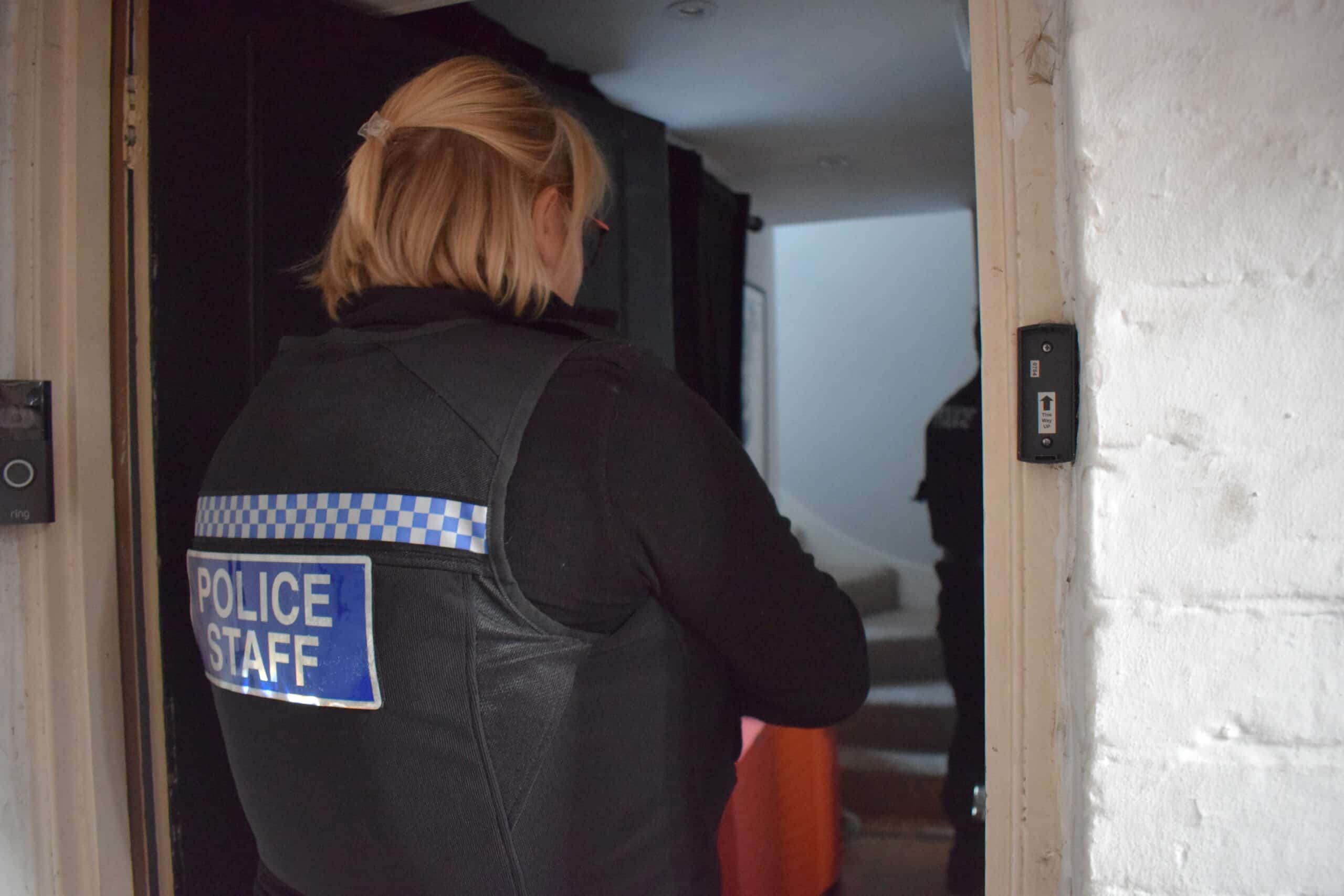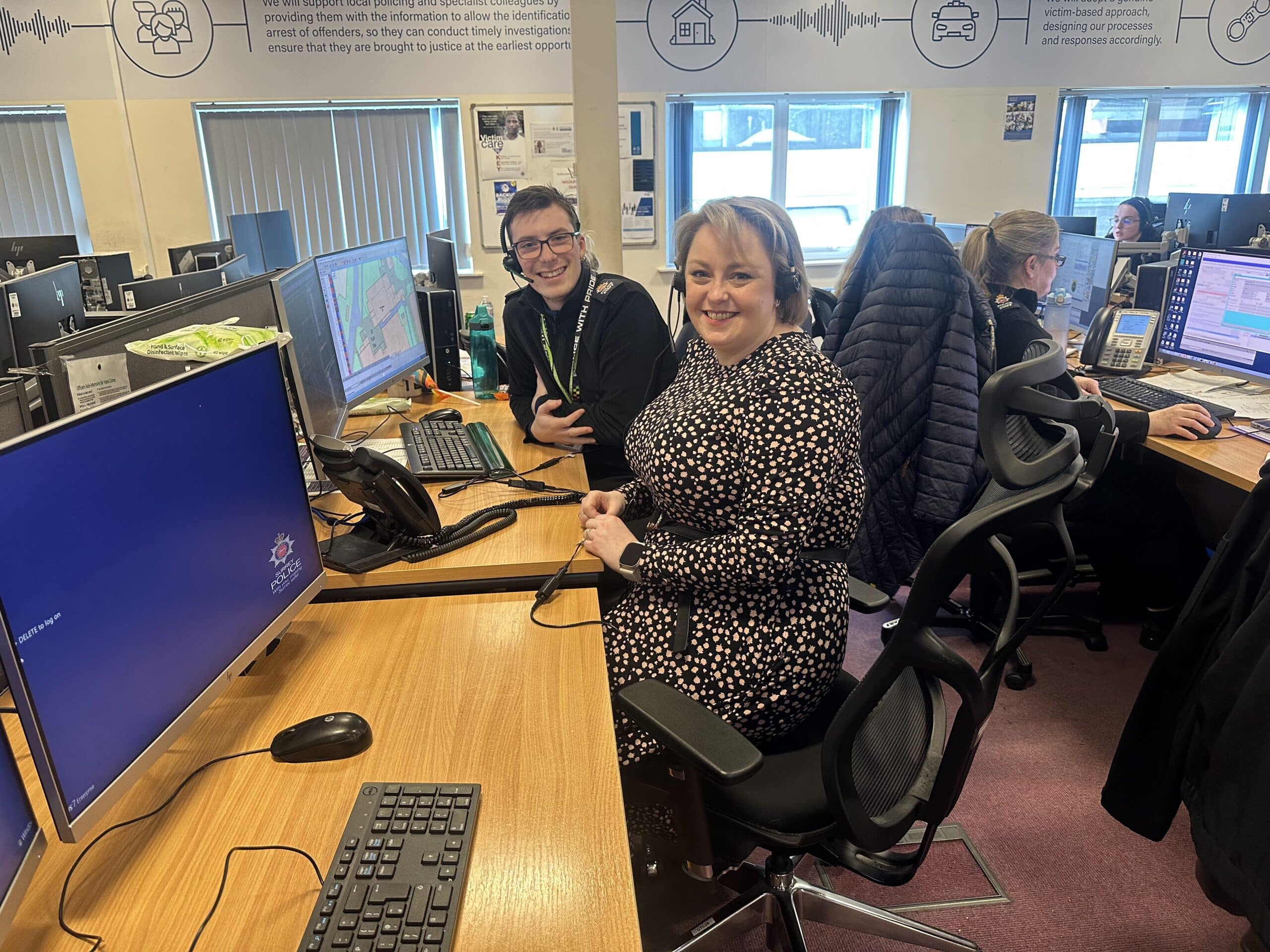Our office has a statutory duty to maintain a list of Legally Qualified Chairs (LQCs) who are available to chair police Misconduct Hearings.
Legally Qualified Chairs are individuals who remain independent of the police in order to provide fair and impartial oversight of these Hearings. The management of LQCs is one of the roles of our Office, that relates to the handling of complaints and the scrutiny of Surrey Police performance.
Most local policing bodies including Surrey Police have collectively decided to maintain lists of LQCs by region. LQCs used in Surrey may also chair police misconduct hearings in Thames Valley, Kent, Sussex and Hampshire.
The below conditions outline the terms of the selection, recruitment and management of Legally Qualified Chairs used in Surrey, Kent, Sussex, Hampshire and Thames Valley.
You can also view our Legally Qualified Chairs (LQC) Handbook here (open document text may download automatically).
Recruitment
Appointments are made for a duration of four years and individual LQCs may also sit on lists for more than one policing region. LQCs may appear on any one list for a maximum of eight years (two terms) before they must wait an additional four years to re-apply to join the same list. This helps to prevent over familiarity with police forces or lack of independence of Chairs.
Opportunities to join local policing body LQC lists will be advertised on Commissioners’ and police force’s websites as well as through other specialist legal webpages. All LQC appointments are made in line with the judicial-appointment eligibility condition.
Particular attention is paid to ensuring, where possible, that the pool of LQCs that make up the list for the region is as diverse as possible to reflect the diversity of our communities.
For LQCs to be effective, and to allow for a trusted and fair process, they need to be selected on a consistent basis.
Communication between LQCs, our office and Surrey Police
Regulations stipulate that the powers given to LQCs should include the setting of all hearing dates, allowing them effective oversight of the hearing process.
The relevant Commissioner’s office will remain in close consultation with the police force’s Professional Standards Departments that have knowledge of the case and awareness of various parties availability, as well as logistical information such as room availability in the force area, so that this information can be passed on to LQCs.
The 2020 Police (Conduct) Regulations provide a clear timetable for misconduct proceedings and LQCs are provided with the case papers and other evidence in accordance with this timetable.
Selection of a Chair for Misconduct Hearings
The agreed method of selecting a chair is the use of a ‘cab rank’ system. On establishing the need to hold a misconduct hearing, our office will access the list of available LQCs, for example using a digital portal, and select the first Chair on the list. The person first on the list should be the LQC who has conducted the least hearings or heard a case the longest time ago.
The LQC is then contacted and told that a hearing is necessary, sharing with the LQC as many details about the case as possible. For example, the dates when it must be heard by and an estimate of the length of the case. This information will already have been gathered by the Professional Standards Department of the police force. The LQC can then consider their availability and are required to accept or decline the request within three working days to avoid a delay to proceedings.
If the LQC is able to Chair the hearing then they are formally appointed in accordance with regulation 28 of the 2020 Police (Conduct) Regulations. The timetable provisions in the Regulations are then in effect. This includes the serving of a Regulation 30 Notice (written notice to an officer that they will be required to attend a misconduct hearing) and the officer in question’s Regulation 31 Response (the Officer’s written response to the notice that they must attend a misconduct hearing).
The Regulations allow LQCs to then consult with the relevant parties on matters such as the date for any misconduct pre-hearing and the date(s) of the hearing itself. The LQC may need to use their discretion in unilaterally setting dates for these meetings given her or his oversight and the need to prepare all parties for the misconduct hearing itself.
If the LQC isn’t available to be appointed Chair of the proceedings, then they remain at the top of the list to be selected for another hearing. The local policing body then engages the LQC second on the list, and so the selection continues.
Further information
Contact us to find out more about the use of LQCs or the process of holding police Misconduct hearings in Surrey. Depending on the nature of your enquiry, we may also direct your questions to the Professional Standards Department of Surrey Police (PSD). PSD can also be contacted directly here.
Latest News
Policing Your Community – Commissioner says police teams are taking the fight to drug gangs after joining county lines crackdown

The week of action sends a strong message to county lines gangs that police will continue to dismantle their networks in Surrey.
Million-pound crackdown on anti-social behaviour as Commissioner receives funding for hotspot patrols

Commissioner Lisa Townsend said the money will help increase police presence and visibility across Surrey.
Commissioner hails dramatic improvement in 999 and 101 call answering times – as best results on record are achieved

Commissioner Lisa Townsend said that waiting times for contacting Surrey Police on 101 and 999 are now the lowest on Force record.